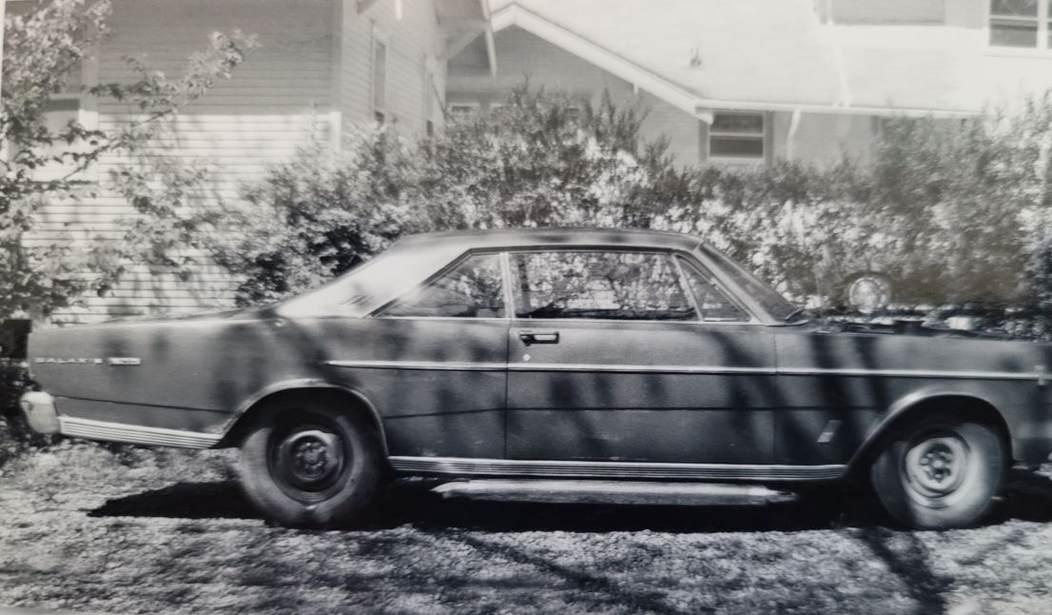We Americans love our cars and trucks. We are a society built on mobility; our vast nation is covered with a criss-cross of highways and byways, and our culture is laced with road-trip stories, from "Route 66" to "Smokey and the Bandit." What's more, our economy flows on these highways and byways, largely in big, diesel-powered, over-the-road trucks. These trucks and the independent-minded, quintessentially American people who drive them have also been heavily represented in American culture, from "Convoy" to, well, "Smokey and the Bandit."
Kamala Harris, though, wants to put an end to all that by forcing us into electric vehicles, an idea not yet ready for prime time. In the nebulous name of "climate change," she favors "investing" — that means spending your tax dollars — in failed infrastructure schemes and in coercing people into electric vehicles (EVs.) This is yet another reason America can't afford a Harris presidency.
She touts these EVs, citing, again, climate change, as "zero-emissions vehicles." In a 2021 speech in Maryland, she said:
Sales are up, driven by consumer demand. The auto industry is clearly moving toward electric.
We need to make the shift faster and make sure it is driven by the United States.
That means manufacturing millions of electric cars, trucks, and buses right here in our country. That means outfitting thousands of EV — elective vehicle — repair garages, just like this one. And it means installing a national network of EV chargers.
When we ask people what is the biggest barrier for them to buy an electric car, the answer is almost always: figuring out where and how to charge it.
Sales are up, yes, or were in 2021, driven by heavy government subsidies. And Kamala Harris clearly doesn't understand the concept of market saturation; some people want EVs and for some, EVs are practical. Then, there are people for whom an EV is wholly impractical: rural dwellers, people who travel long distances by car regularly, people with lengthy commutes — or people who live in areas where the weather is either hot or cold much of the year, which reduces the range of an EV. Harris has no plan for those folks.
Also, there is no such thing, at present, as a "zero-emissions" vehicle; the use of EVs just shifts the emissions elsewhere, as at least half of the U.S. electricity is generated by coal and gas-fired plants, with another 18 percent by nuclear power, which the left abhors.
We also know Kamala Harris supports the notorious, economy-busting Green New Deal, which, again, involves forcing people into EVs.
As a U.S. Senator, Harris was an early adopter of the Green New Deal. Penned by Sen. Ed Markey (D-MA) and Rep. Alexandria Ocasio-Cortez (D-NY), the controversial legislation was a non-binding agreement that would guide the United States towards 100% clean, renewable energy by 2030.
The climate proposal included an overhaul of American transportation systems "to remove pollution and greenhouse gas emissions," which included investment in "zero-emission vehicle and non-motorized alternative modes of transportation infrastructure and manufacturing." The checklist also called for job guarantees and a national healthcare system.
See Related: Kamala Harris Endorses Green New Deal, Economy-Destroying 'Climate Change' Measures
Which brings us to that matter of range. Cold weather, which is the norm much of the year for our entire northern tier of states, and believe me, it sure is in Alaska, greatly reduces EV range. It can, in fact, reduce the range by up to 50 percent — and Kamala Harris either doesn't know this or doesn't care.
Last January, for two nights, our Susitna Valley home saw overnight lows of -32. Our gas-powered Ford Expedition, on the second morning, was a tad sluggish starting up but did, and ran. An EV would likely have been hor de combat at these temps.
EVs present a higher risk in collisions, as well.
The head of the National Transportation Safety Board expressed concern Wednesday about the safety risks that heavy electric vehicles pose if they collide with lighter vehicles.
The official, Jennifer Homendy, raised the issue in a speech in Washington to the Transportation Research Board. She noted, by way of example, that an electric GMC Hummer weighs about 9,000 pounds (4,000 kilograms), with a battery pack that alone is 2,900 pounds (1,300 kilograms) — roughly the entire weight of a typical Honda Civic.
"I'm concerned about the increased risk of severe injury and death for all road users from heavier curb weights and increasing size, power, and performance of vehicles on our roads, including electric vehicles," Homendy said in remarks prepared for the group.
And then there's the matter of charging stations. A nationwide shift to EVs, that unrealistic (impossible) goal championed by Kamala Harris, would mean a massive infrastructure rebuild. The federal government has already tried to prompt such a rebuild and has failed utterly.
See Related: Buttigieg Flails Trying to Explain Why Only 8 EV Charging Stations Have Been Built by Biden Admin
Finally, look at the vice president's awkwardness here; she demonstrates, very plainly, that she has not one single clue in dealing with things — like fueling a car — that most Americans take for granted.
This is just one more reason why America cannot afford a Kamala Harris presidency.















